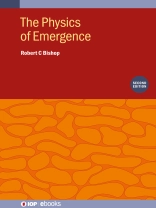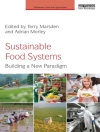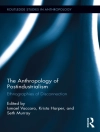It is not unusual among particle physicists to find the belief that elementary particles and forces determine everything in physics, chemistry, biology, geology, physiology all the way up to human behaviour. It is not just that physics underlies everything in the universe; it is the belief that everything in the universe reduces to the play of elementary particles under forces. Yet, there are other physicists who argue that this is an oversimplification of the relationship between physics and other domains. This book explores these debates and proposes a physics-motivated conception of emergence that leaves behind many of the problematic intuitions shaping the philosophical conceptions. It would be suitable for physicists, scientists, undergraduate and postgraduate science students interested in reduction and emergence debates.
Key Features:
- Explains need for an ontological form of emergence as an alternative to reductionism and strong emergence.
- Situates physics debates about reduction and emergence historically.
- Elucidates and illustrates the contextual emergence pattern in physics and other sciences.
- Discusses broader implications of the pattern of emergence in physics.
Inhoudsopgave
Brief history of the debate
Some physics objections to emergence
Contextual emergence
Case studies from physics
The Renormalisation Group
Responding to objections
Broader implications
Over de auteur
Robert C. Bishop is Professor of Physics and Philosophy and the John and Madeleine Mc Intyre Endowed Professor of Philosophy and History of Science at Wheaton College. His research focuses on History and philosophy of physics and the social sciences and free will, with special attention to emergence, determinism, chaos, and complexity. The Physics of Emergence (Institute of Physics Press, 2019), and Chaos Theory: A Quick Immersion (Tibidabo Publishing, 2023), and co-author of Emergence in Context: A Science-First Approach to Metaphysics (Oxford University Press, 2022).












